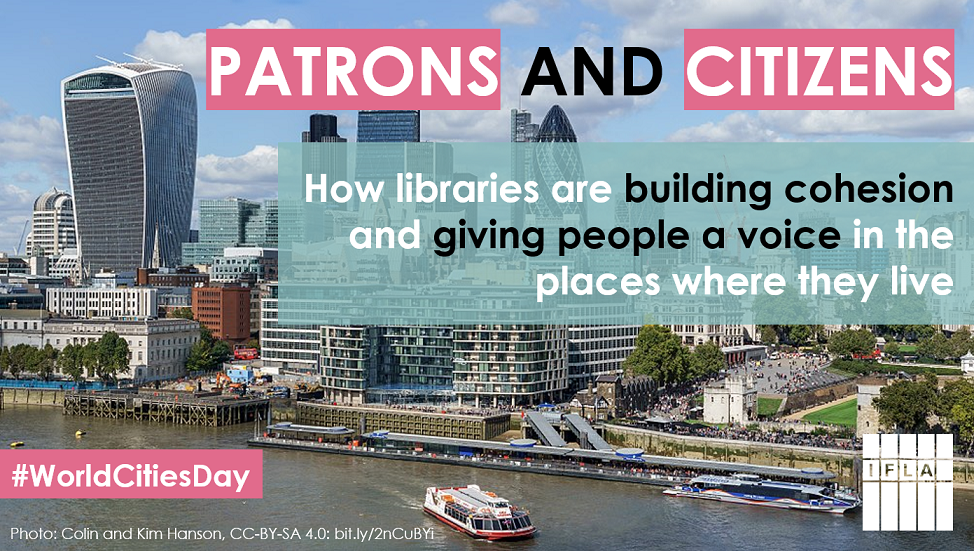The climate marches that have marked the news in so many parts of the world over the last few months are, to a large extent, thanks to the mobilisation of young people.
The logic behind this is simple – this is the generation that will face the consequences of inaction today. But is it also reassuring to see a response to the cliché of younger people being disaffected or uninterested in global issues.
This is because democracy depends on people not only having opinions, but being ready to stand up and debate these in public. And as the climate marches have shown, the process of becoming a confident, informed, engaged citizen can start young.
This blog – on the first day of International School Library Month – looks at how libraries contribute to this.
Wider Horizons – School Libraries and Citizenship
School libraries – or other libraries providing school library services in some countries – have a mission not only to support teachers by helping develop literacy and a love of reading, but also to go further.
As set out in the IFLA-UNESCO School Libraries Manifesto, which turns 20 this year, they should also be gateways to the wider world, helping young people discover and engage with diverse ideas, experiences and opinions.
Just as any other library, in effect, school libraries provide a platform for young people to access information about the world, to build their awareness and sensitivity, and to exercise their intellectual freedom as an essential foundation of effective and responsible citizenship and participation in a democracy.
There are many great examples of this at work, for example in Portugal, where the Rights for Right project looks to make the link between literacy and citizenship, with an early focus on human rights. In the United States, school librarians work to build awareness of ethical issues among students, while in Brazil, libraries have stepped in where schools have been unable to help young people come to terms with the economic and social issues they face.
Starting the Conversation – the SDG Book Club
Of course, it isn’t necessarily easy to know where to start in order to get a discussion going about issues outside of the curriculum. Books can offer a way in – and indeed they do in all of the examples mentioned above. By telling a story, they can provide a less direct way of getting young people thinking, especially when they look to make the links between what they are reading, and their own experience.
The Sustainable Development Goal (SDG) Book Club is one way of finding books that allow this to happen.
Set up by the United Nations in cooperation with IFLA, the International Publishers Association, the International Board on Books for Youth and the European and International Booksellers’ Federation, this provides a sample of books in each of the six official languages of the United Nations for each of the SDGs, month by month. The most recent list focuses on SDG 5 (gender equality), with SDG 6 (water and sanitation) up next.
The website, in addition to ideas for books, also has a number of other tools, for example how to set up a local book club, communications materials, a newsletter, and a blog – take a look!
With the need for – and potential of – engagement by young people shown by the recent climate marches, there is a window for school libraries to show what they are doing to create the citizens of the future. International School Library Month provides a great opportunity, and the SDG Book Club a great tool, to do this.
Find out more about the work of IFLA’s School Libraries Section.
